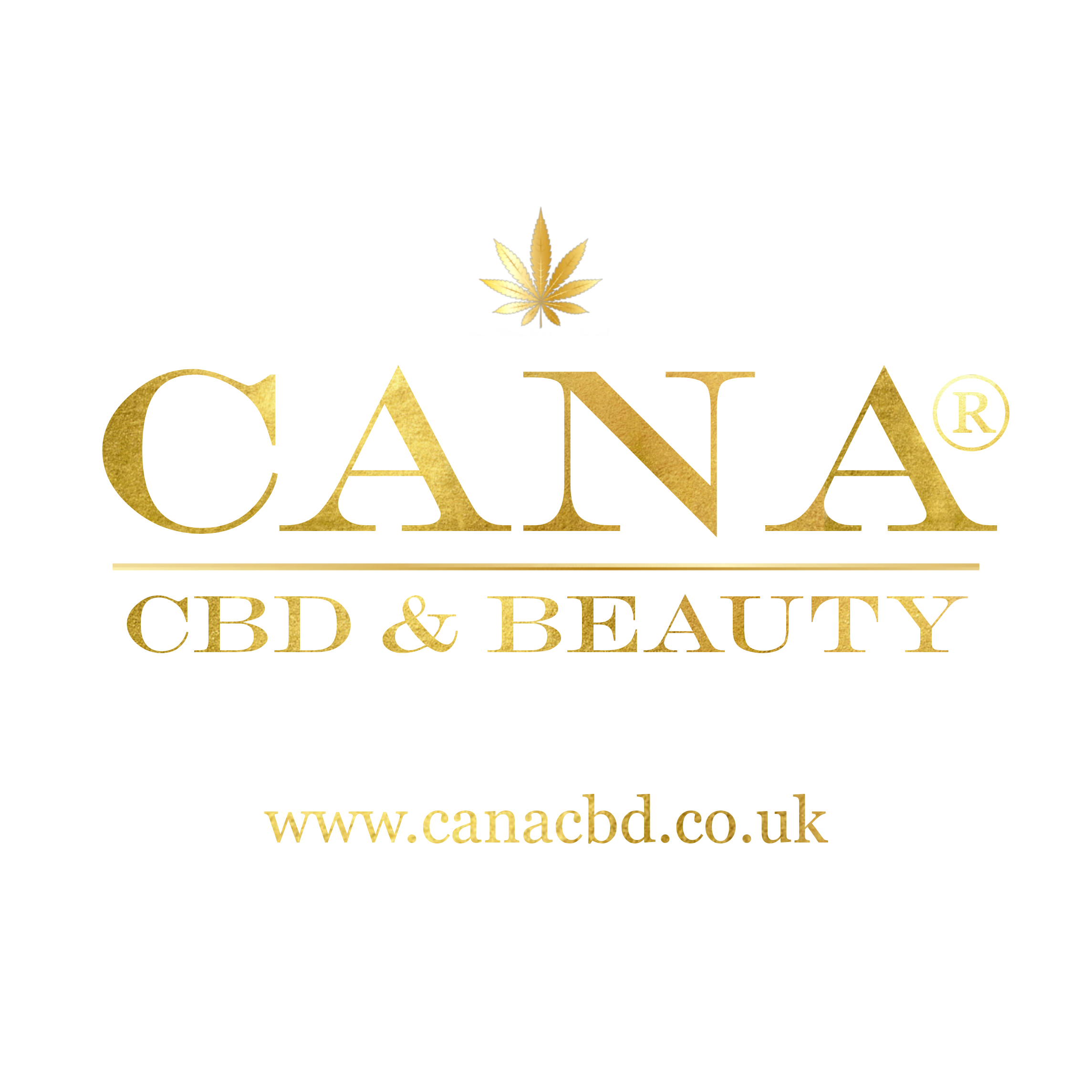CBD
Can CBD help acne?
What is CBD?
Cannabidiol, or CBD, is a natural compound present in the Cannabis sativa plant. It is only one of over 100 compounds in cannabis, but it has many potential health benefits.
People have used natural treatments for thousands of years to promote beautiful, healthy skin. One option that’s increasing in popularity is cannabidiol (CBD), a compound derived from the cannabis plant.
Can CBD oil also treat acne?
What is acne?
Acne is a skin condition that occurs when your hair follicles become plugged with oil and dead skin cells. It causes whiteheads, blackheads or pimples. Acne is most common among teenagers, though it affects people of all ages.
The researchers found that CBD inhibited oil production and had anti-inflammatory effects on oil-producing glands. They concluded CBD was a “promising therapeutic agent” for acne treatment.
There is some evidence to suggest that CBD oil may be helpful for acne. What that means may vary slightly in each case, based on what kind of acne a person has and what is causing it. A study from 2014 shows the effect of CBD on Acne https://www.ncbi.nlm.nih.gov/pmc/articles/PMC4151231/
Although CBD products may not be specifically marketed to people with body acne, their antibacterial and anti-inflammatory properties may provide some benefit.
A 2016 review of the cannabis plant highlighted its antibacterial and antifungal effects. These effects may help reduce infections from dirt and other pollutants on the skin.
Many factors influence acne, including excess sebum production, hormonal imbalances, and genetics. Some other factors, such as diet, stress levels, and some medications, may also increase the severity of a person’s symptoms.
Any drawbacks?
Research on CBD’s safety published in the journal Cannabis and Cannabinoid https://www.ncbi.nlm.nih.gov/pmc/articles/PMC5569602/ ResearchTrusted Source found CBD has a “favorable safety profile.”
The researchers found the most commonly reported side effects were fatigue and appetite changes. However, these side effects are largely for people who ingest CBD, not for those who apply it topically.
It’s possible that a person could experience an allergic reaction to topically applied CBD.
If you have symptoms like skin swelling, itching, or skin peeling after applying CBD-containing products, wash the affected area with soap and water. You may wish to apply cold compresses to soothe irritated skin.
Discontinue use of CBD products if you think you’ve had an allergic reaction.
How to use
Taking oral CBD may also help with acne in some cases, as the anti-inflammatory compounds are still active when they enter the body.
However, studies exploring CBD and the skin have applied CBD directly to the sebum-creating cells of the skin, so topical application may be best.
There are also many topical products containing CBD available for purchase online. People should check the other ingredients in the product to avoid exposure to harsh or irritating ingredients.
It is also vital to that the distributor has conducted third-party laboratory tests to confirm the product’s CBD content.
Other products also contained other compounds, such as tetrahydrocannabinol (THC), the psychoactive component of cannabis. Although it is unlikely to cause a “high” if a person applies it topically, it might be important to watch out for if people have sensitive skin or undergo regular drug tests.

